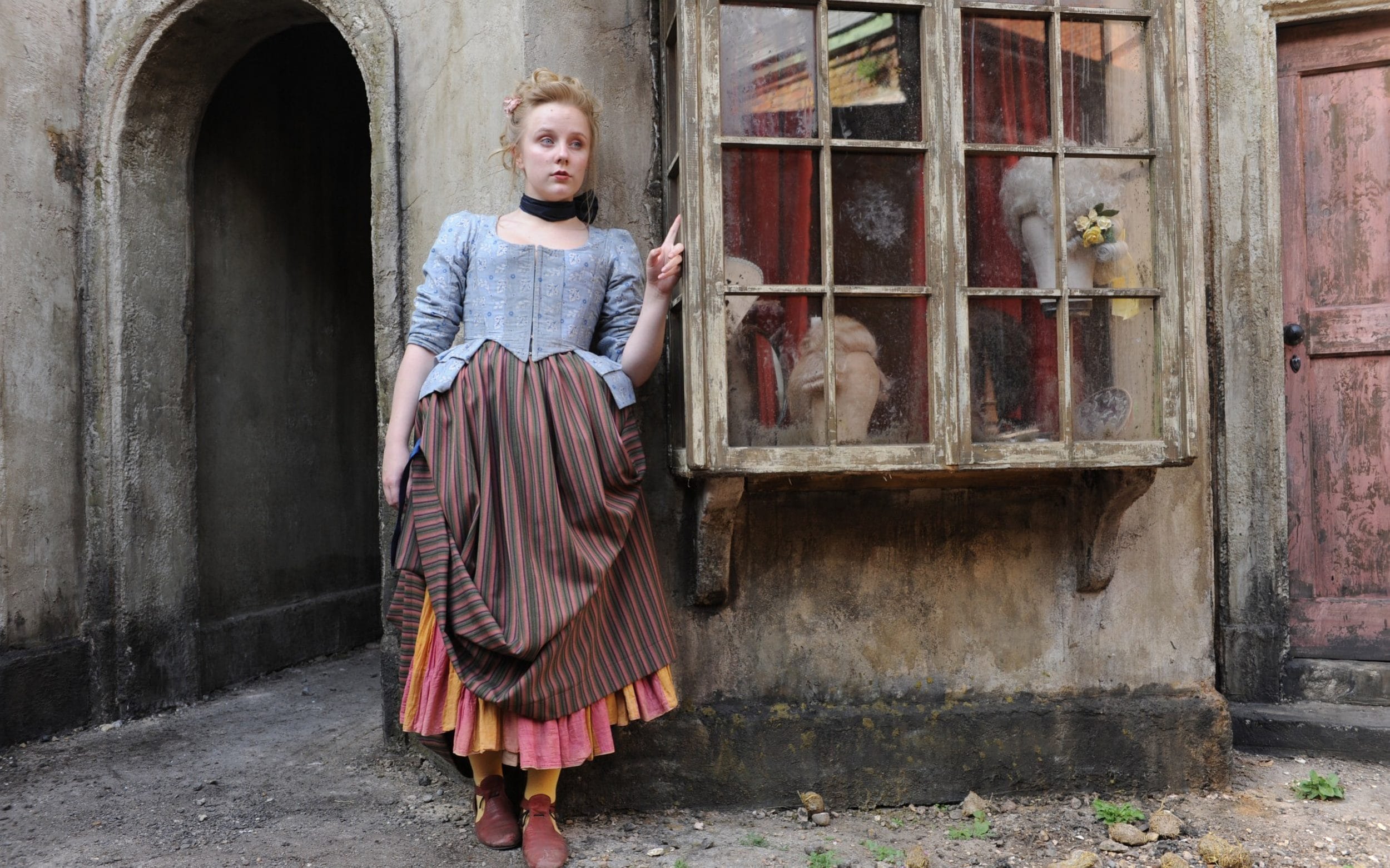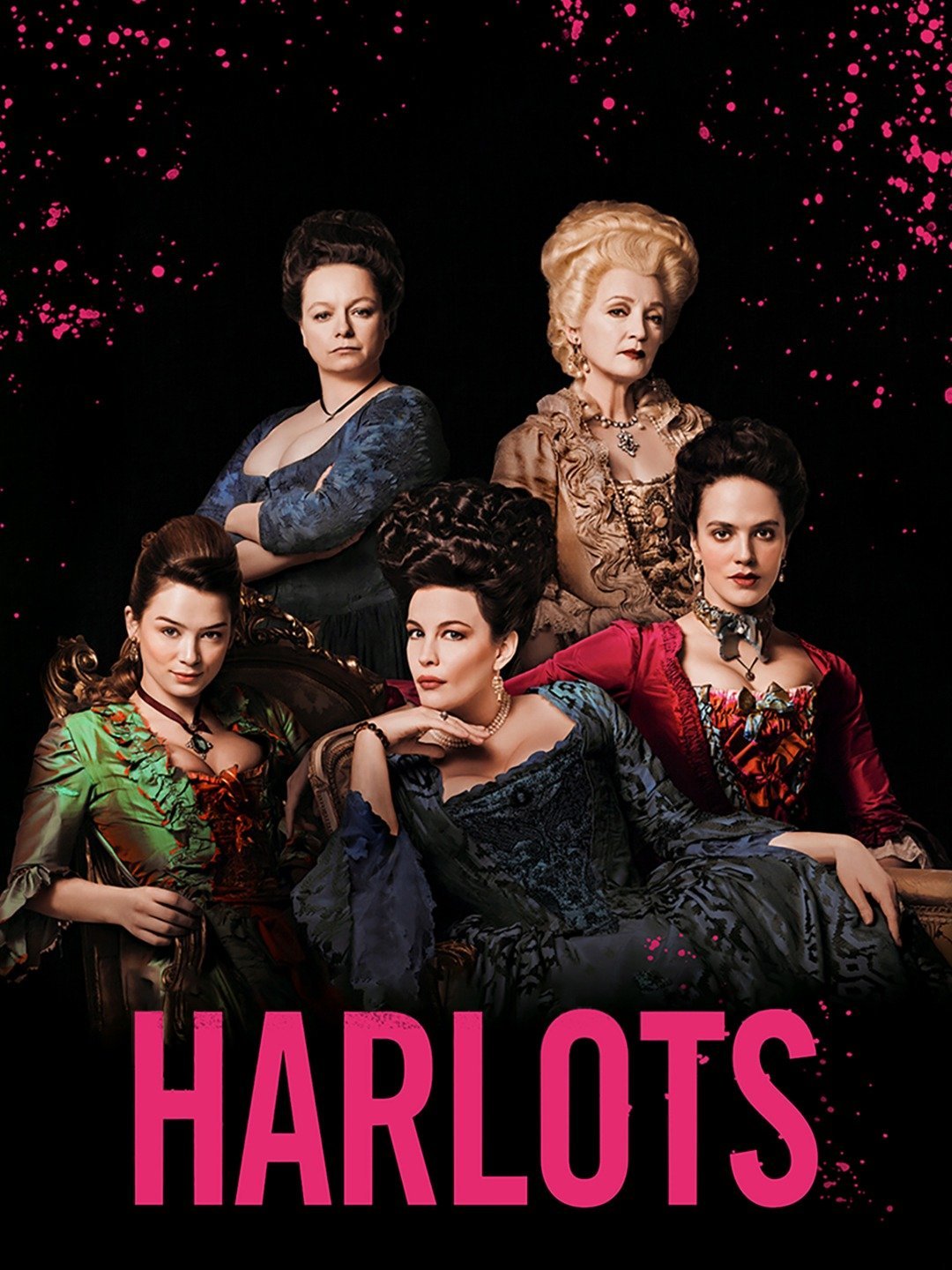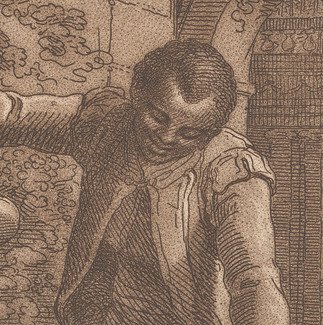
Welcome to the Coffee House
English 332
Literature of the British Enlightenment:
Coffee, Sex, & Tobacco in Public Culture
This course examines the formation of the public marketplace, citizens and rogues, gender and sexuality, and the labor of production through themes that typify the Enlightenment: coffee, sex, and tobacco. We will examine texts/media ranging from 1660–1790 across genres such as: short prose narratives, essays, poetry, philosophical treatises, and historical public records. Students will engage in “coffeehouse” discourse and debates, and will come away with an understanding of the lasting legacies and consequences of the British Enlightenment.
Fall 2023 • D1–Approved

Taylin Nelson
Taylin Nelson is a PhD Student in Rice University’s English department, and has previously been an instructor at Grand Canyon University. She has taught courses on Rhetoric and Composition, Environmental Humanities, and 19th-Century Literature such as Frankenstein and the works of Jane Austen. Her current research examines the philosophical, pseudo-scientific, and literary history of nonhumans in literature of the British Enlightenment. She incorporates public humanist tools into her research and writing, as well as in the classroom, integrating research, writing, and digital literacy as vehicles to access higher education.
Contact: tpn2@rice.edu

Coffeehouse Cultures: Citizens and Rogues of the Enlightenment
In true coffeehouse form, we will discuss the British coffeehouse and “public culture” emerged from the public discourse of politics and the citizen, distinguishing private vs public in new media forms and how it defined the Enlightenment .
Part I
COURSE READING
The Social Life of Coffee: The Emergence of the British Coffeehouse by Brian Cowan
Joseph Addison and Richard Steele, The Spectator (1711–14)
Mrs. Crackenthorpe, The Female Tatler, 1709–10
John Gay, The Beggar’s Opera (1728)
Wollstonecraft’ [selections]
*more course materials TBD

Sex in the City: 18th-Century Cultures of Sex
Who was and wasn't allowed in the coffeehouse? We’ll venture to the underbelly of public culture engaging rogues, flaneur, harlots and those most subject to the criminal systems.
Part II
COURSE READING
Eliza Haywood, Fantomina
Harlots (dir. Alison Newman)
Harris's List of Covent Garden Ladies
*additional course materials TBD

Labor of Production: Race and Tobacco in the Trans-Atlantic Slave Trade
We will consider race and empire, “traveling” outside of Britain to Africa and the West Indies for commodities like sugar, chocolate, coffee, and most especially tobacco in the transatlantic slave trade.
Part III
COURSE READING
George Cheyne, English Malady [selection]
West Indian Plantation Records
Aphra Behn, Oroonoko
Quobna Ottobah Cugoana, Thoughts & Sentiments on the Evil & Wicked Traffic of the Slavery & Commerce of the Human Species (1787)
*additional course materials TBD












